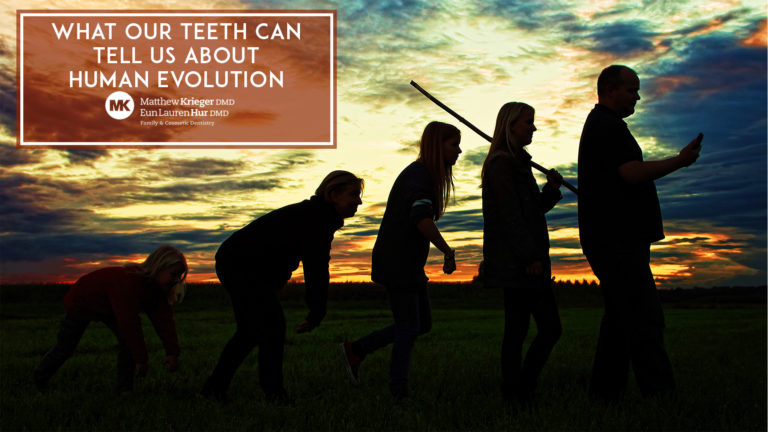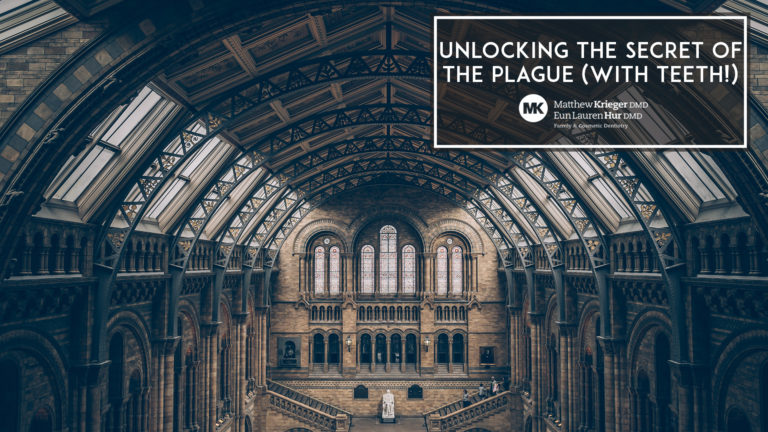What could go wrong with trying to get a whiter, brighter smile? A lot of things, especially if you’re trying to do it yourself without treatment from a dental professional. Your teeth already go through a lot, between handling the work of chewing and being exposed to the acids in your food. They stand up to the bacteria that occur naturally in your mouth and tolerate a fair amount of wear and tear. Teeth are hard and durable but surprisingly easy to damage. Teeth whitening, particularly with DIY methods, can cause major harm.
Enamel Erosion
Don’t pick up the baking soda, charcoal toothpaste or pumice on your quest for whiter teeth. Abrasives designed to buff away light staining do more harm than good. While your dentist may use an abrasive to remove staining during a teeth cleaning or teeth-whitening treatment, they went through many years of schooling to know precisely what’s safe to use and how often to use it to get your teeth looking their best.Over-the-counter abrasives might be too rough for your enamel to withstand. With repeated use, you’ll wear down the enamel of your teeth to show the yellow-colored dentin beneath. Rather than having a dazzling white smile, you’ll have exactly the opposite.
Chemical Damage
Many of the products designed for do-it-yourself teeth whitening are acidic. But there’s a big difference between the bleaching agents used in a professional teeth-whitening treatment and those found in at-home teeth bleaching kits. Even mild acids, like hydrogen peroxide, aren’t recommended for at-home use if you’re seeking whiter teeth. For one, you’re likely to see an improvement in color, but the caution against their use goes farther than that.Strong acids or those left on the teeth too long can cause lasting damage. Acid damage can leave your gums sore, inflamed or even burned. As a result, your teeth might be more sensitive or start to crumble. You might even cause nerve damage to your mouth, leading to pain and misery. Acids, like abrasives, also weaken and erode the enamel of your teeth.
Infections
Anytime you have an opening in your skin, you’re at risk for infection. It’s the reason your dentist may recommend you complete a course of antibiotics before a treatment or procedure. When you engage in DIY teeth whitening, you’re setting yourself up for a potential infection.Whether it’s overly vigorous brushing with abrasive toothpastes that cause micro tears in your gums or tongue or chemical burns from teeth-whitening strips, you’re opening yourself up — literally — to the bacteria that naturally occur in your mouth.
While your immune system usually takes care of these issues, and the mouth typically heals wounds quickly to prevent infection, you may be one of the unlucky folks who have oral bacteria travel from your mouth through the open wound and into your bloodstream, leading to a potentially deadly blood infection called sepsis. It’s simply not worth risking your life to try to save a few bucks by skimping on professional teeth whitening in favor of at-home methods.


